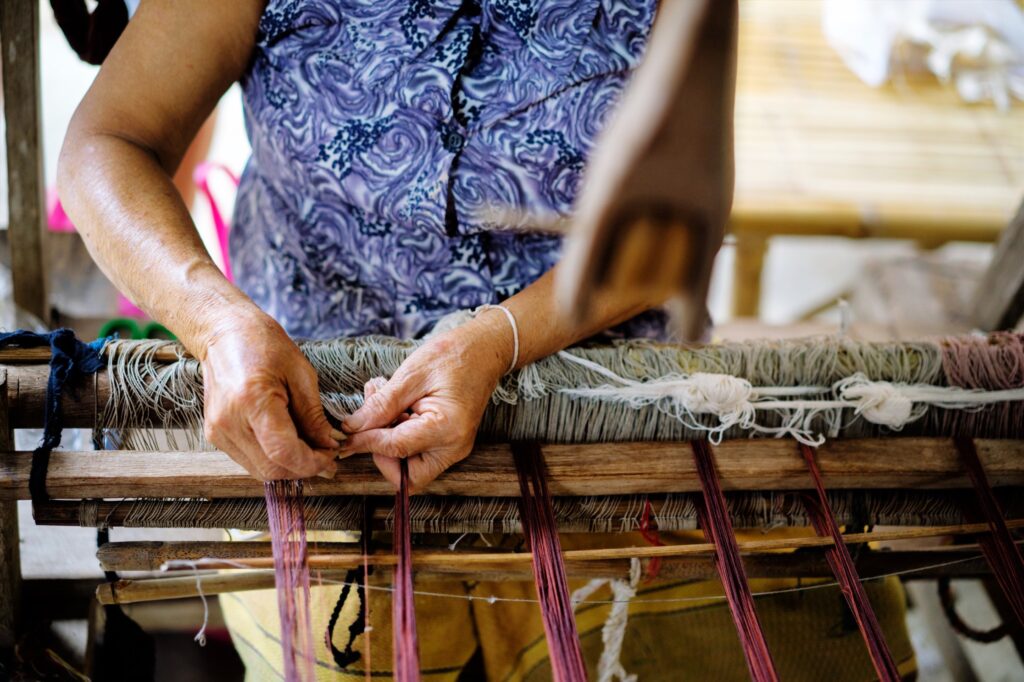In the intricate tapestry of human existence, threads of joy, sorrow, triumph, and challenge intertwine, shaping our individual narratives. Yet, no thread exists in isolation. We are inherently social beings, drawn to connection and profoundly affected by the relationships we cultivate. At the heart of navigating this complex weave lies the concept of a support system – a dynamic network of individuals providing emotional and practical assistance, a safety net woven from the threads of empathy, understanding, and shared experience.
A support system is more than just a collection of acquaintances; it is a carefully cultivated ecosystem of relationships where individuals feel valued, understood, and empowered to overcome adversity. It encompasses a diverse range of connections, from immediate family and close friends to mentors, colleagues, and even online communities. The strength of a support system lies not just in its size, but in the quality of the bonds and the active participation of each member.

The Essence of Emotional Support: A Balm for the Soul
Emotional support forms the bedrock of a robust support system. It involves providing empathy, active listening, validation, and unconditional positive regard. In essence, it’s about creating a safe space where individuals can express their vulnerabilities, share their fears, and celebrate their victories without judgment.
This form of support takes many forms. It could be a listening ear during a difficult time, a shoulder to cry on after a loss, or a cheerleading squad celebrating a personal achievement. It’s the friend who understands the nuances of a complicated situation without needing a lengthy explanation, the family member who offers unwavering encouragement even when faced with setbacks, and the mentor who instills confidence and helps navigate professional challenges.
Emotional support helps to:
- Reduce Stress and Anxiety: Knowing that someone cares and is willing to listen can significantly alleviate feelings of stress, anxiety, and overwhelm. Sharing burdens with trusted individuals can lighten the load and make challenges feel more manageable.
- Boost Self-Esteem and Confidence: Validation and positive reinforcement from supportive individuals can help individuals recognize their strengths and capabilities. This can lead to increased self-esteem and a stronger belief in their ability to overcome obstacles.
- Promote Emotional Regulation: Talking about difficult emotions with a supportive person can help individuals process their feelings in a healthy way. This can lead to improved emotional regulation skills and a greater sense of control over their emotions.
- Combat Loneliness and Isolation: Feeling connected to others is essential for mental and emotional well-being. A strong support system can combat feelings of loneliness and isolation, which can have detrimental effects on overall health.
- Enhance Resilience: Knowing they have a network to rely on can make individuals more resilient in the face of adversity. They are more likely to bounce back from setbacks knowing they are not alone and have the support they need to persevere.

The Power of Practical Assistance: Lending a Helping Hand
While emotional support is crucial, a comprehensive support system also offers practical assistance. This involves tangible help that can alleviate stress and make life easier during challenging times. Practical support can manifest in various forms, tailored to specific needs and circumstances.
Examples of practical support include:
- Offering Help with Tasks: This could involve running errands, providing transportation, helping with childcare, or assisting with household chores. During periods of illness, bereavement, or significant life changes, this type of support can be invaluable.
- Providing Financial Assistance: In times of financial hardship, support systems can offer financial assistance in the form of loans, gifts, or shared resources. This can help individuals stay afloat during difficult times and avoid spiraling into debt.
- Offering Housing or Shelter: In extreme circumstances, a support system can provide temporary or long-term housing for individuals who are displaced or experiencing homelessness. This can provide a safe and stable environment in which to rebuild their lives.
- Providing Professional Guidance: Mentors, colleagues, and other professionals within a support system can provide guidance and advice related to career development, financial planning, or other important life decisions.
- Advocating for Needs: Support systems can also advocate for individuals who are unable to advocate for themselves. This could involve attending meetings with healthcare providers, speaking on their behalf in legal proceedings, or helping them access resources they need.
Practical support, like emotional support, serves to:
- Reduce Stress and Overwhelm: By alleviating the burden of daily tasks and responsibilities, practical support can free up time and energy for individuals to focus on their well-being and recovery.
- Promote Independence and Self-Sufficiency: Providing temporary assistance can help individuals regain their footing and develop the skills and resources they need to become more independent and self-sufficient in the long run.
- Foster a Sense of Empowerment: Knowing that they have access to practical assistance can empower individuals to take control of their lives and make positive changes.
- Strengthen Relationships: Providing and receiving practical support can strengthen bonds between individuals and foster a sense of mutual responsibility and care.

Building and Nurturing a Strong Support System
A strong support system is not built overnight; it requires conscious effort and consistent nurturing. It is an investment in one’s well-being and a testament to the importance of human connection. Here are some key steps in building and maintaining a thriving support system:
- Identify Existing Connections: Start by identifying the individuals already present in your life who offer emotional and practical support. This could include family members, friends, colleagues, neighbors, or members of a religious or community organization. Acknowledge and appreciate their contributions to your well-being.
- Cultivate Meaningful Relationships: Focus on deepening existing relationships and fostering new connections. This involves actively listening to others, showing empathy, and offering support in return. Invest time in building trust and creating a sense of mutual respect and understanding.
- Be Proactive in Seeking Support: Don’t wait until you are in crisis to reach out for help. Be proactive in seeking support when you need it, whether it’s a listening ear, a helping hand, or a word of encouragement. Remember that asking for help is a sign of strength, not weakness.
- Be Willing to Offer Support: A strong support system is a two-way street. Be willing to offer support to others in your network, whether it’s through emotional support, practical assistance, or simply being there for them when they need you.
- Join Groups and Communities: Consider joining groups and communities that align with your interests and values. This can provide opportunities to meet new people, build connections, and find support from individuals who share similar experiences.
- Seek Professional Help When Needed: Recognize that some issues require professional intervention. Don’t hesitate to seek help from therapists, counselors, or other qualified professionals when you need it. They can provide specialized support and guidance to help you navigate difficult challenges.
- Maintain Boundaries: While providing and receiving support is essential, it’s also important to establish and maintain healthy boundaries. Avoid over-extending yourself or allowing others to take advantage of your generosity.
- Express Gratitude: Show appreciation for the support you receive from others. A simple thank you note, a heartfelt expression of gratitude, or a thoughtful gesture can go a long way in strengthening relationships and fostering a sense of connection.

The Ripple Effect of Support: Strengthening Communities and Beyond
The benefits of a strong support system extend far beyond the individual level. When individuals feel supported and empowered, they are more likely to contribute positively to their communities, workplaces, and families. This creates a ripple effect, strengthening the fabric of society as a whole.
Strong support systems can:
- Reduce Social Isolation and Crime: Providing individuals with connections and resources can reduce feelings of social isolation and decrease the likelihood of engaging in criminal activity.
- Improve Public Health: Supported individuals are more likely to prioritize their health and well-being, leading to improved physical and mental health outcomes.
- Strengthen Families and Communities: Strong support systems can provide families with the resources they need to thrive, leading to healthier and more resilient communities.
- Promote Economic Development: Supported individuals are more likely to be employed and contribute to the economy, leading to increased prosperity and economic growth.
- Foster a Culture of Empathy and Compassion: By promoting connection and understanding, support systems can help to foster a culture of empathy and compassion, making the world a more just and equitable place.

In Conclusion: The Enduring Value of Human Connection
In a world that often feels fragmented and disconnected, the importance of a strong support system cannot be overstated. It is a lifeline in times of crisis, a source of strength and resilience, and a cornerstone of overall well-being. By consciously cultivating and nurturing meaningful relationships, we can create a tapestry of support that not only benefits ourselves but also strengthens our communities and contributes to a more compassionate and connected world. The threads of empathy, understanding, and shared experience are the foundation upon which we build a future where everyone feels valued, supported, and empowered to thrive. Investing in our support systems is investing in our collective humanity, a testament to the enduring value of human connection.